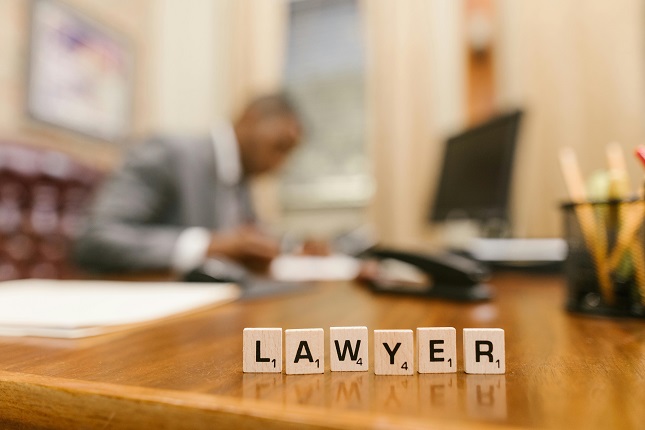Customs fraud is a significant issue that affects international trade, businesses, and government revenue. But how can such frauds be detected, and why does it matter? Customs fraud refers to the illegal act of misrepresenting goods, underreporting their value, or evading taxes and duties to avoid paying the correct amount to customs authorities.
These fraudulent activities harm the economy and undermine the fairness of trade as well. So, What attorneys can represent whistleblowers in custom fraud cases? And how can they help prevent severe consequences? To know more about it, please read this article.
Customs Fraud:
Customs fraud involves various deceptive tactics, which include misclassification of goods, undervaluation, and false declarations. Misclassifying goods can lead to lower duty payments, which directly impacts government revenue. Similarly, undervaluing merchandise allows companies to avoid paying the full amount owed in taxes and duties.
These fraudulent actions are a violation of customs laws and can result in severe penalties. They undermine the fairness of the market and give dishonest businesses an unfair advantage. In extreme cases, customs fraud can even jeopardize national security.
Why Expert Lawyers Are Essential in Customs Fraud Cases
They Handle Complex Customs Laws
- Customs laws are intricate and subject to frequent changes, which makes it challenging for businesses to stay compliant.
- Expert lawyers have in-depth knowledge of these laws and can offer valuable advice on how to avoid unintentional violations.
- They provide guidance on properly declaring goods, filling out necessary documents, and paying the correct duties.
They Represent Clients in Investigations
- When customs fraud is suspected, investigations often follow, which require swift legal intervention.
- Lawyers with expertise in customs fraud understand how to protect clients during these investigations.
- They ensure that businesses are not unjustly penalized or wrongly accused, to safeguard their reputation and financial interests.
The Role of Lawyers in Defending Against Customs Fraud Charges
Customs fraud charges can lead to severe consequences, which include substantial fines, criminal charges, or the seizure of goods. So, What attorneys can represent whistleblowers in custom fraud cases? A whistleblower lawyer specializing in customs fraud can effectively defend clients by challenging the evidence, demonstrating compliance, or mitigating penalties. They understand the nuances of customs law and can negotiate settlements that minimize legal and financial repercussions. Moreover, an experienced lawyer will ensure that all documentation and evidence are in order, which is crucial for a successful defense.
Protection of Your Business From Customs Violations
Attorneys Ensure Accurate Customs Declarations
- Lawyers assist businesses in ensuring that all imports and exports are accurately declared.
- They offer assistance in verifying product classifications and valuations, which prevents errors that could lead to fines.
- Regular compliance checks and consultations with legal experts can keep businesses on the right side of the law.
They Handle Customs Audits and Inspections
- Customs audits and inspections can be daunting, especially if fraud is suspected.
- Whistleblower lawyers provide essential support during these audits to ensure that the company’s interests are protected throughout the process.
- They help prepare businesses for inspections and audits to ensure all relevant documents are available and in compliance with regulations.
Consequences of Customs Fraud and Legal Defenses
The penalties for customs fraud can range from heavy fines to criminal prosecution, which depends on the severity of the case. A whistleblower lawyer specializing in customs fraud can help handle these situations by offering a robust defense strategy. They analyze all evidence, challenge discrepancies, and help businesses avoid the full brunt of penalties.
In customs fraud cases, expert lawyers are essential for handling complex laws and defending businesses from significant penalties. They offer crucial support during investigations, audits, and legal proceedings. Thus, with their guidance, businesses can protect their interests and maintain compliance with customs regulations.








































